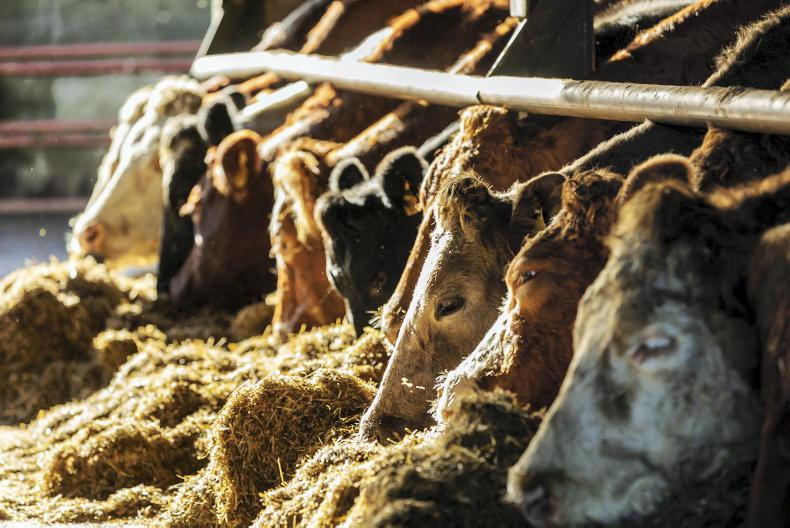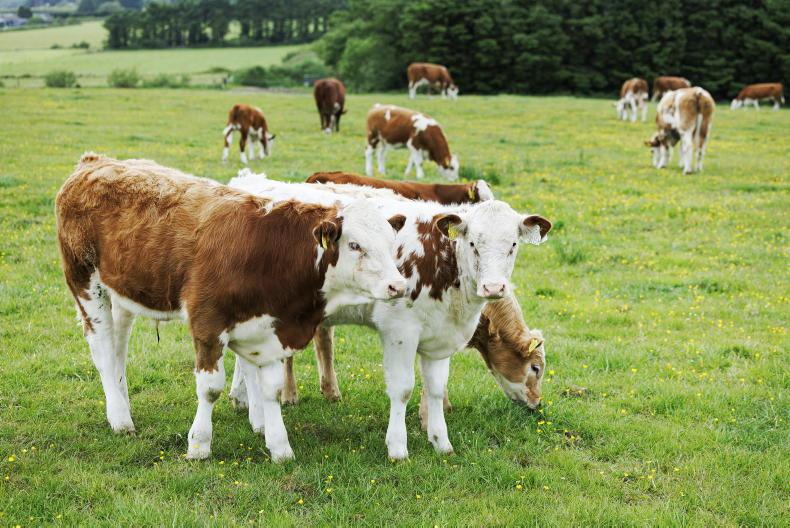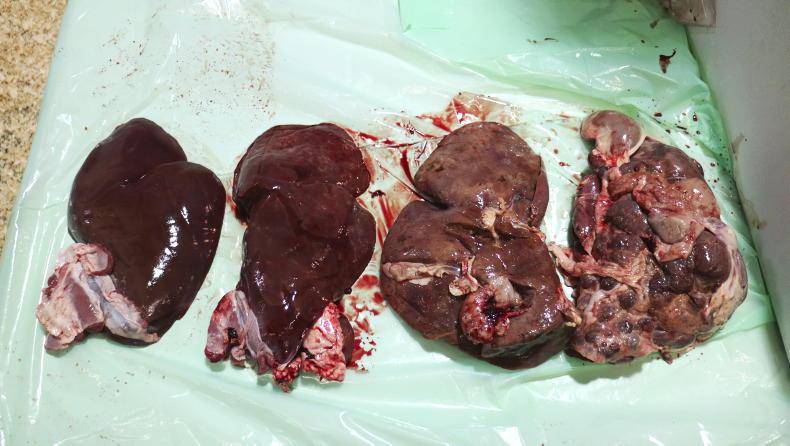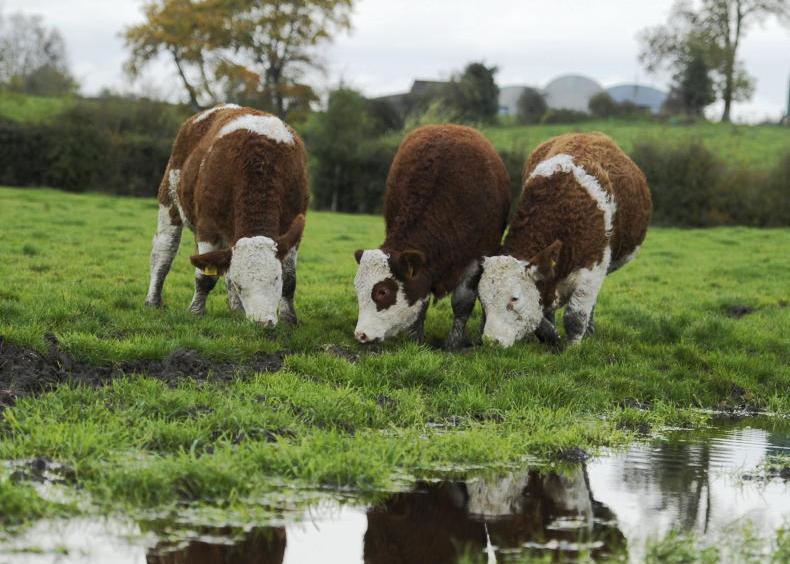A new study has found over half of cattle slaughtered in an abattoir in NI were infected with rumen fluke.
Almost 2,000 carcases were examined across three of Dunbia’s meat factories, namely Dungannon in Co Tyrone, as well as sites at Cardington and Sawley in England.
The results show 54% of cattle in the Dungannon factory were infected with rumen fluke, whereas prevalence rates in the English factories were 16% and 18% respectively.
However, the study found that the presence of the parasite had no significant impact on animal output across a range of key measures.
“There was no significant difference in the cold carcass weight between infected and non-infected cattle. Similarly, carcass conformation and fat classification were unaffected by the presence of rumen fluke,” the research paper reads.
Scientists from Queen’s University Belfast and the Agri Food and Biosciences Institute conducted the study which has been published in the journal, Frontiers in Veterinary Science.
The researchers suggest the higher prevalence rate of rumen fluke in NI compared to England comes down to increased rainfall levels which create a more suitable habitat for fluke development.
Dairy heifers
A second study was also conducted which used faecal eggs counts (FEC) to assess rumen fluke levels in dairy heifers across four dairy farms, two in NI and two in southwest England. The researchers found “no significant difference” in daily liveweight gain between infected and non-infected animals.
Likewise, various assessments of animal welfare and faecal consistency, known as diarrhoea score, were conducted but there was no adverse impact associated with rumen fluke infection.
In the following grazing season, a proportion of heifers were treated for rumen fluke with an oxyclozanide-based wormer and the remaining animals were left untreated.
“The treatment of rumen fluke in dairy heifers had no significant impact on daily live weight gain. Yet FEC was significantly reduced when heifers were treated with oxyclozanide,” the paper reads.
However, the researchers note that the cattle in the experiment were treated for all other common parasites and were in good health. A high rumen fluke burden could adversely affect animal performance and welfare if other health issues are present.
“These findings can be applied only to well-managed, healthy dairy heifers,” the paper reads.









SHARING OPTIONS